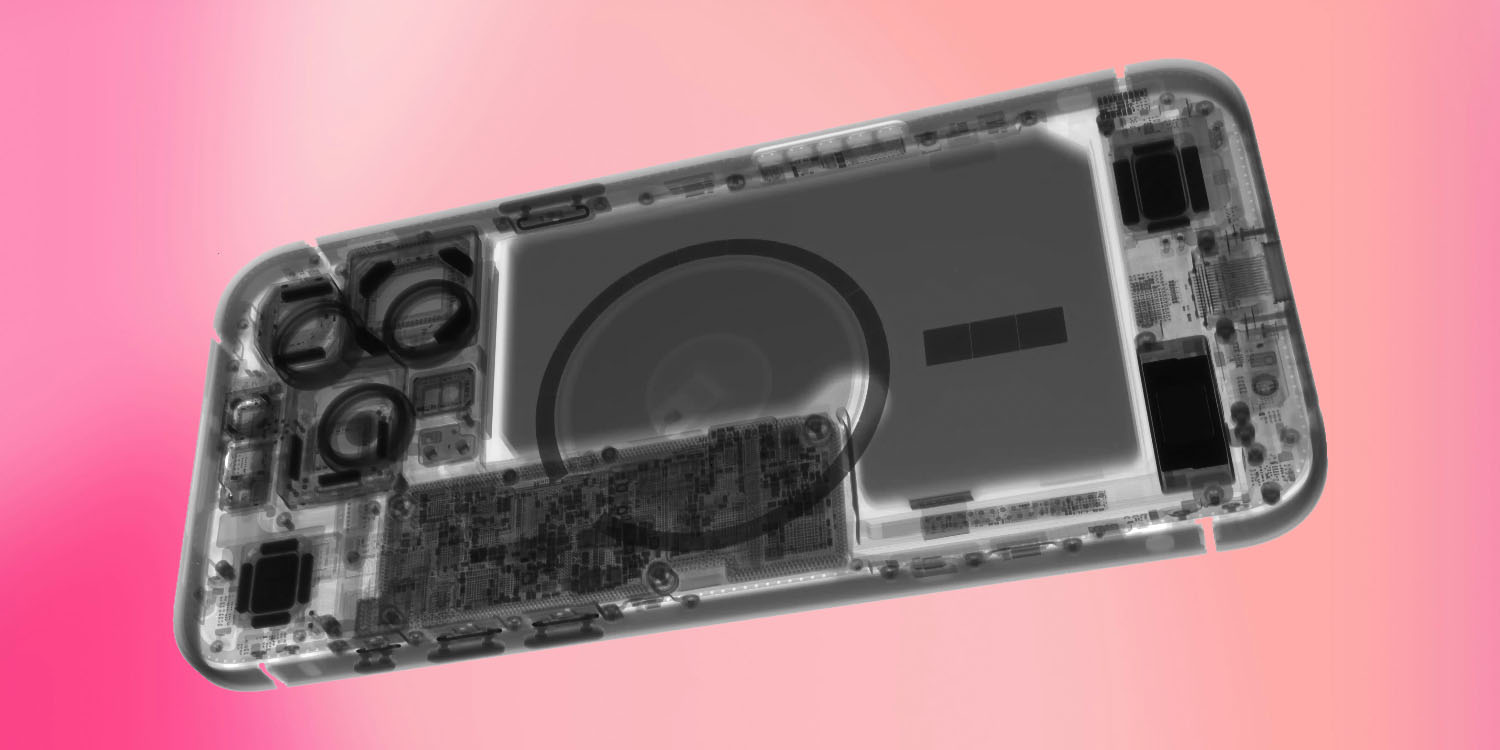
The controversial practice of parts pairing has been banned in right to repair legislation in Colorado, following a similar ban in Oregon back in March.
Apple has come under fire on a number of fronts for the practice, which can make it difficult or even impossible to carry out repairs using parts cannibalised from scrapped devices …
What is parts pairing?
Parts pairing is where the serial number of a component (like a screen) is digitally paired to the serial number of the iPhone itself. Even if you swap one genuine Apple component for another, the repair won’t fully work because the pairing won’t match. This can prevent repairs being carried out using cannibalised parts.
With the iPhone 13, for example, a screen-swap would cause Face ID to stop working. Back in 2022, iFixit downgraded its repairability rating of the iPhone 14 for this reason. Having to use parts blessed by Apple can make many repairs uneconomic.
Parts pairing banned by Orgeon and Colorado
Oregon was the first US state to officially outlaw the practice, as part of its Right to Repair bill. The law takes effect for smartphones from January 2025.
Public interest group PIRG reports that Colorado has now done the same.
Coloradans now have the broadest repair rights of any Americans. This new law builds on previous Colorado laws that enshrined repair protections for farm equipment and powered wheelchairs.
Colorado is also the second state to include language in its electronics legislation that restricts companies from using software locks to restrict repair, a process known as “parts pairing.”
State governor Jared Polis says that the law will save money and reduce waste.
Protecting our right to repair our own broken equipment will save money, strengthen small businesses, and reduce technology waste. Today we are building on our work to protect Coloradans’ right to repair to ensure manufacturers cannot force Coloradans to pay extreme repair costs.
Puts further pressure on Apple
Apple has already softened its stance on parts pairing, by offering a method of asking the company to ‘bless’ used parts when repairing devices, but both Oregon and Colorado have gone further by outlawing the practice altogether.
It’s likely that other states will follow their example, and that Apple and others will at some point have to abandon parts pairing.
Apple spent literally years fighting right-to-repair legislation, spending money to lobby against it at both state and federal levels, either trying to block it altogether or to weaken the legislation as much as possible. It made a U-turn back in 2021, with the launch of a Self Service Repair program back in 2021, initially in California, and now nationally. Alongside this, the company stopped opposing right-to-repair laws and instead started actively supporting them.
9to5Mac collage of images by iFixit and MakeSumo on Unsplash
FTC: We use income earning auto affiliate links. More.




Comments